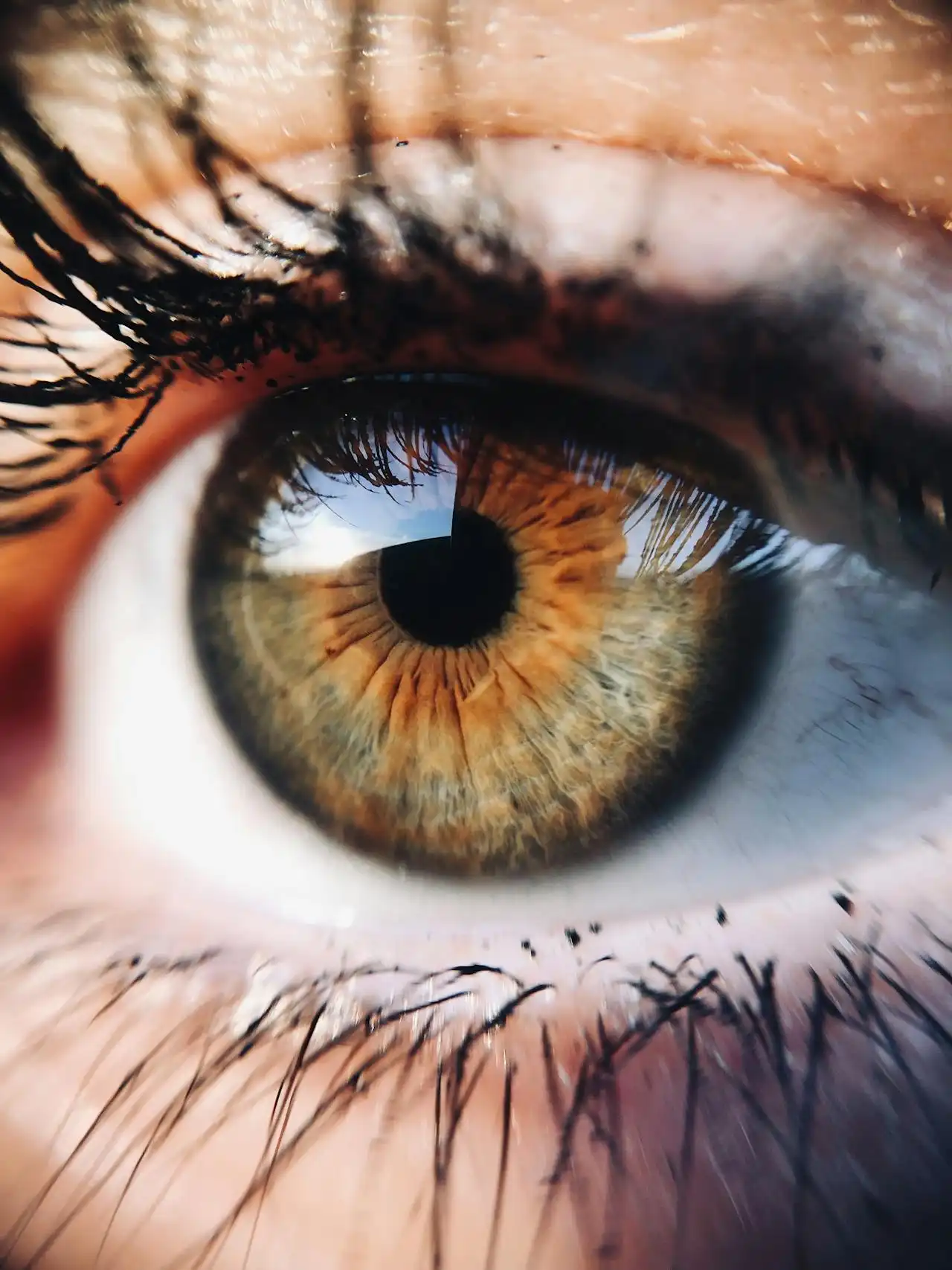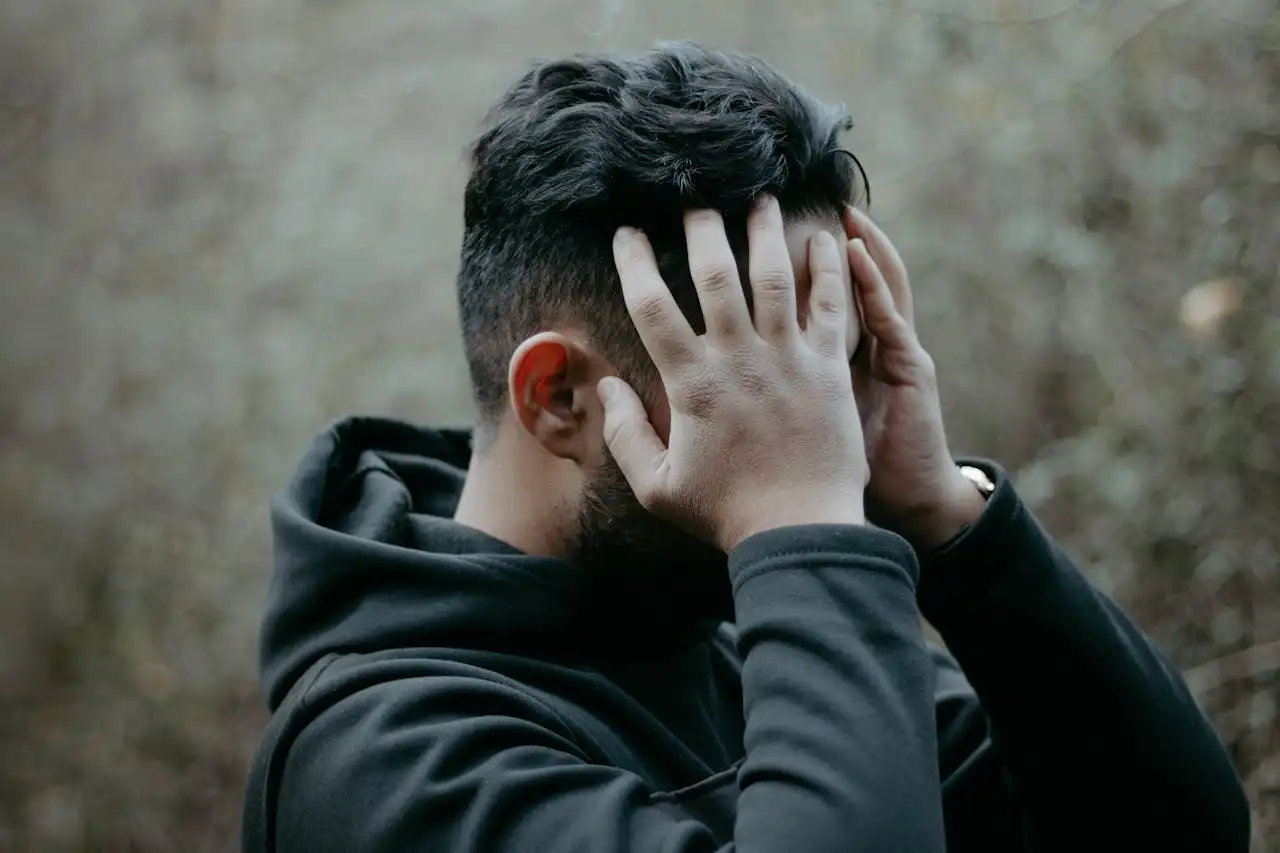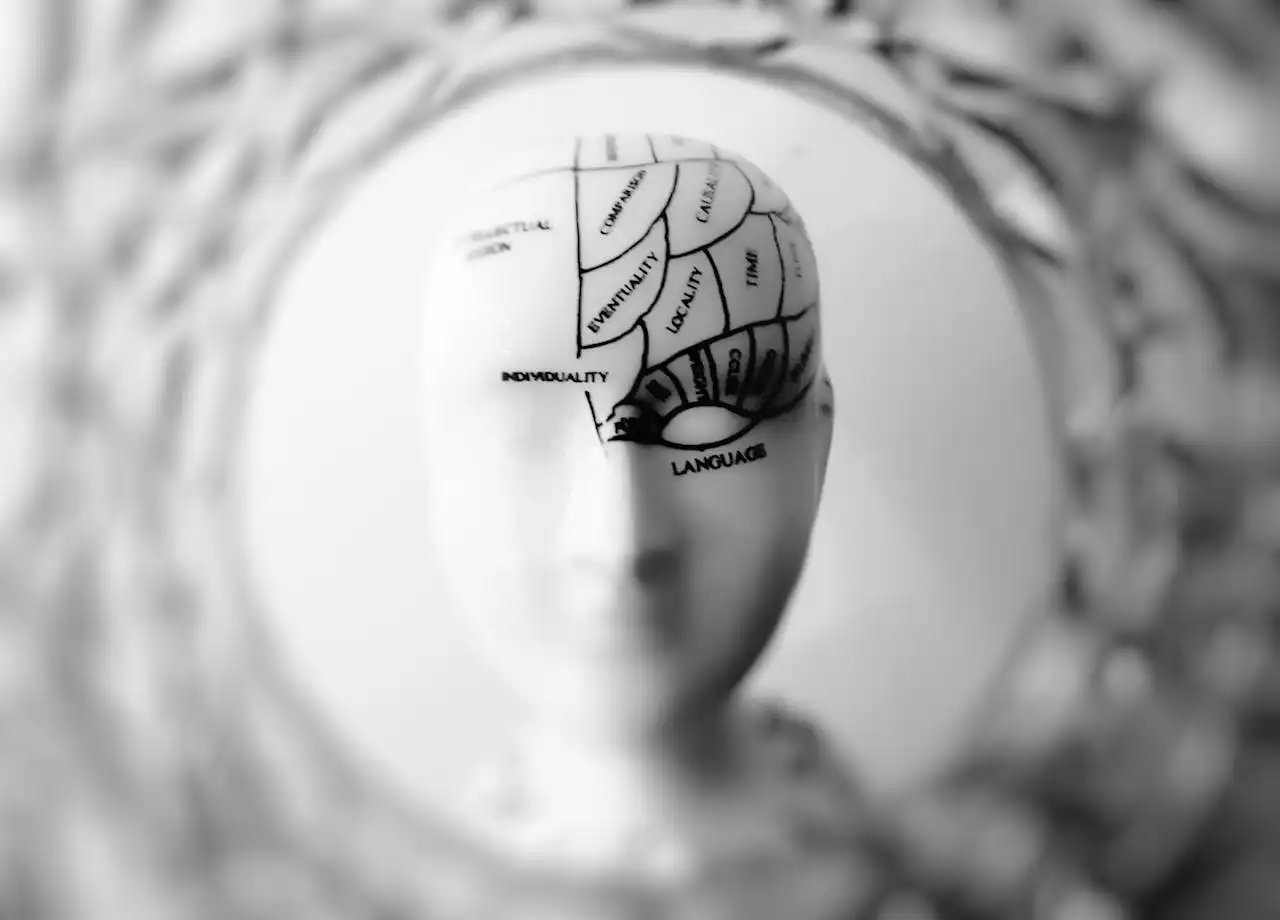Dry Eyes and Their SolutionsThe Desert in Your Eyes: Conquering Dryness and Reclaiming Moisture
Muhe - Tuesday, 29 July 2025 | 04:00 AM (WIB)


So, What's the Deal with Dry Eyes Anyway?
Before we dive into solutions, let's get the lowdown. Dry eye syndrome, or keratoconjunctivitis sicca if you want to get fancy, happens when your eyes don't produce enough quality tears to keep them lubricated and healthy. Think of your tear film as a superhero cape for your eyes, a protective shield made of water, oil, and mucus. When any part of that delicate balance goes wonky, or when your tears evaporate too quickly, your eyes protest. And believe me, they protest loudly, usually with a burning sensation or that annoying feeling of having an eyelash permanently stuck in there (when there isn't one!).The Usual Suspects: Why Your Peepers Are Parched
It often feels like our eyes are just rebelling for no reason, but more often than not, there's a reason behind the dry eye drama. Environmental factors are a huge culprit. We're talking about those air conditioners blasting arctic winds in the office, the heater cranking up in winter, or even just a windy day outdoors. All of these suck moisture out of the air, and yep, out of your eyes too. And let’s not forget our screens! Staring at your phone or computer for hours on end means you’re probably blinking way less than you should be. Who knew something so automatic could become a conscious effort?Then there are lifestyle choices. Avid contact lens wearers, I see you. While modern lenses are leagues better than their predecessors, they can still contribute to dryness. Smoking, believe it or not, is also a big no-no for eye health. Certain medications, from antihistamines to antidepressants, can have dry eyes as a side effect – it’s always worth checking the label. And, as we gracefully (or not so gracefully) age, tear production naturally dips. Women often experience increased dryness during hormonal shifts like menopause, which is just another delightful package deal, isn’t it?When the Irritation Hits: Symptoms You Can't Ignore
The signs of dry eyes are pretty unmistakable once you know what to look for. Beyond the obvious dryness, you might experience a burning or stinging sensation that just won't quit. Sometimes, paradoxically, extremely dry eyes can actually start watering excessively as a reflex, trying to compensate for the irritation. You might feel like there's something constantly in your eye – a gritty, sandy sensation. Blurry vision, sensitivity to light, and even pain when wearing contact lenses are also common complaints. It's a total drag, especially when you're trying to focus on anything important.Battling the Burn: Solutions That Actually Work
Okay, enough about the problem. Let’s talk about the good stuff – how to kick dry eyes to the curb and get your comfortable vision back!Over-the-Counter Heroes: Your First Line of Defense
For many, a trip to the pharmacy is the first step, and for good reason. Artificial tears are your best friend here. They come in various formulations, so it might take a little trial and error to find what works for you. Preservative-free drops are generally recommended, especially if you're using them frequently, as preservatives can sometimes irritate sensitive eyes over time. Thicker gel drops or ointments are often best for nighttime use, as they can temporarily blur your vision but provide longer-lasting relief while you sleep.Lifestyle Tweaks: Your Daily Eye Spa
This is where you can really level up your eye care game and make a massive difference without even needing a prescription. It's all about creating an eye-friendly environment and habits:- Embrace the 20-20-20 Rule: Every 20 minutes, look at something 20 feet away for at least 20 seconds. It sounds simple, but it gives your eyes a much-needed break from screen focus.
- Humidify Your Space: If you live in a dry climate or run your AC/heater a lot, a humidifier in your home or office can make a world of difference by adding moisture back into the air.
- Hydrate from Within: Drink plenty of water! Staying well-hydrated helps your body produce tears more efficiently. It's a no-brainer, but easily overlooked.
- Omega-3 Fatty Acids: Found in fish like salmon and flaxseed, these powerhouses can improve the oil quality in your tears, which is crucial for preventing evaporation. Many eye doctors recommend them.
- Warm Compresses: For those whose dry eyes stem from Meibomian Gland Dysfunction (MGD), where the oil glands in your eyelids get clogged, warm compresses can be a game-changer. Gently apply a warm, damp cloth to your closed eyelids for 5-10 minutes. This helps melt the congested oil.
- Blink Like You Mean It: When staring at screens, we forget to blink fully. Consciously try to blink completely and frequently. It helps spread your tear film evenly.
- Eye Hygiene: Keep your eyelids clean, especially if you wear makeup. Gentle eyelid cleansers can prevent blockages in those oil glands.
When OTC Isn't Enough: Professional Help
If you've tried all the over-the-counter remedies and lifestyle changes and are still pulling your hair out from discomfort, it's time to call in the pros. Your optometrist or ophthalmologist can perform tests to diagnose the specific cause of your dry eyes and recommend stronger treatments. This could include prescription eye drops like Restasis or Xiidra, which work to increase your eyes' natural tear production, or punctal plugs, tiny devices inserted into your tear ducts to block drainage and keep tears on your eye surface longer. For MGD, treatments like LipiFlow or intense pulsed light (IPL) therapy are also available. Don't be shy; a good eye doctor can really turn things around for you.Living Your Best Life (with Moist Eyes)
The journey to comfortable, moisturized eyes might require a bit of patience and consistency, but trust me, it's worth every bit of effort. There’s no magic bullet for everyone, and what works for your bestie might not be your miracle cure. It's about finding your personal cocktail of solutions and sticking with them. The goal isn't just to alleviate symptoms, but to maintain your eye health for the long run, ensuring those precious peepers stay happy and hydrated.So, next time your eyes start feeling like the Sahara desert, remember: you're not alone, and there are plenty of effective strategies out there. From simple habits to advanced medical interventions, relief is possible. Give your eyes the TLC they deserve; they work hard for you every single day!
How to Relax Your Mind During the Weekend
5 months ago

ChatGPT's Compassionate Turn: How AI Is Learning to Handle Mental Health Crises Better
5 months ago

Coffee vs. Tea: The Morning Brew Showdown That's More Than Just a Cuppa
5 months ago

Cracking the Code: Your Guide to Taming Those Beastly Migraines
5 months ago

Fuel Your Supercomputer: Five Foods That Will Level Up Your Brainpower
5 months ago

Unlocking Your Inner Shield: Five Veggies That Are Basically Superheroes for Your Immune System
5 months ago

Your Secret Weapon for Weight Loss? It's As Simple As Putting One Foot in Front of the Other
5 months ago

Forever Young: The Secret to a Glowing, Timeless Life
5 months ago

Your Gut Feeling is Right: How to Feed Your Inner Universe for a Happier, Healthier You
5 months ago

Navigating Your Daily Grind: When Does Your Coffee Habit Cross the Line?
5 months ago
